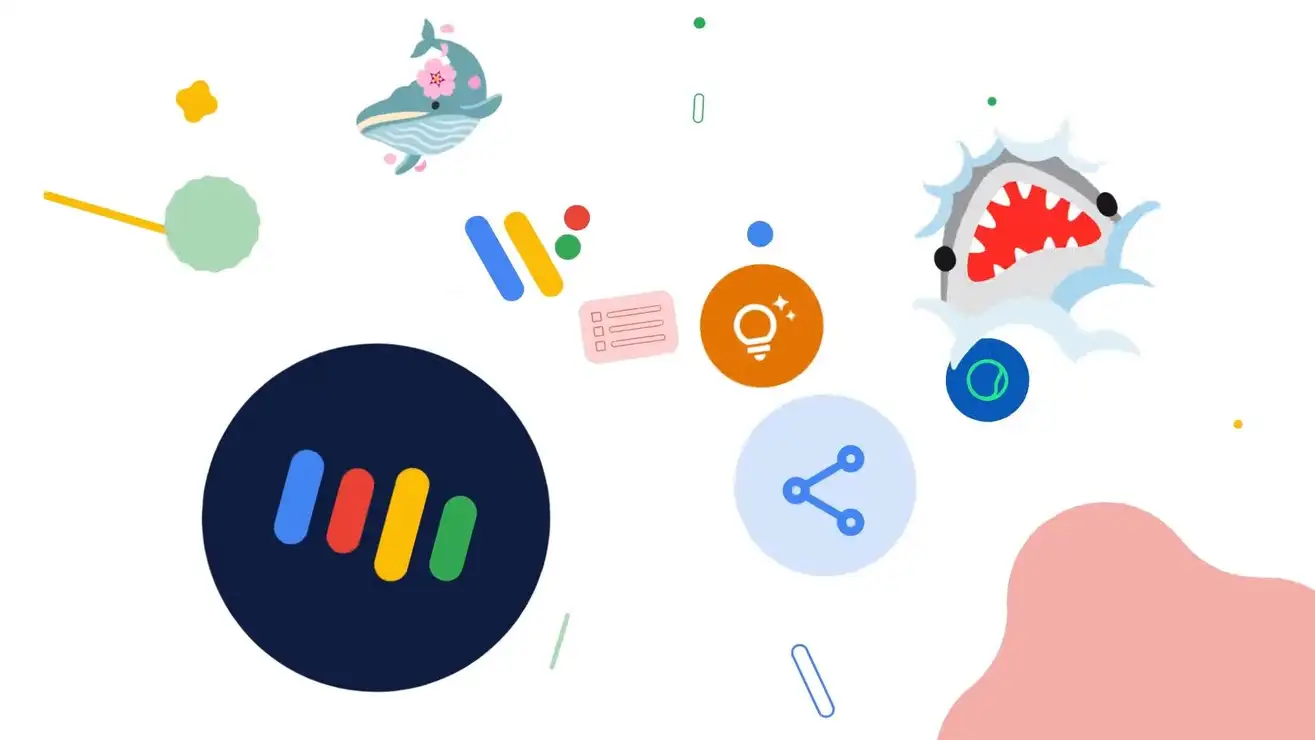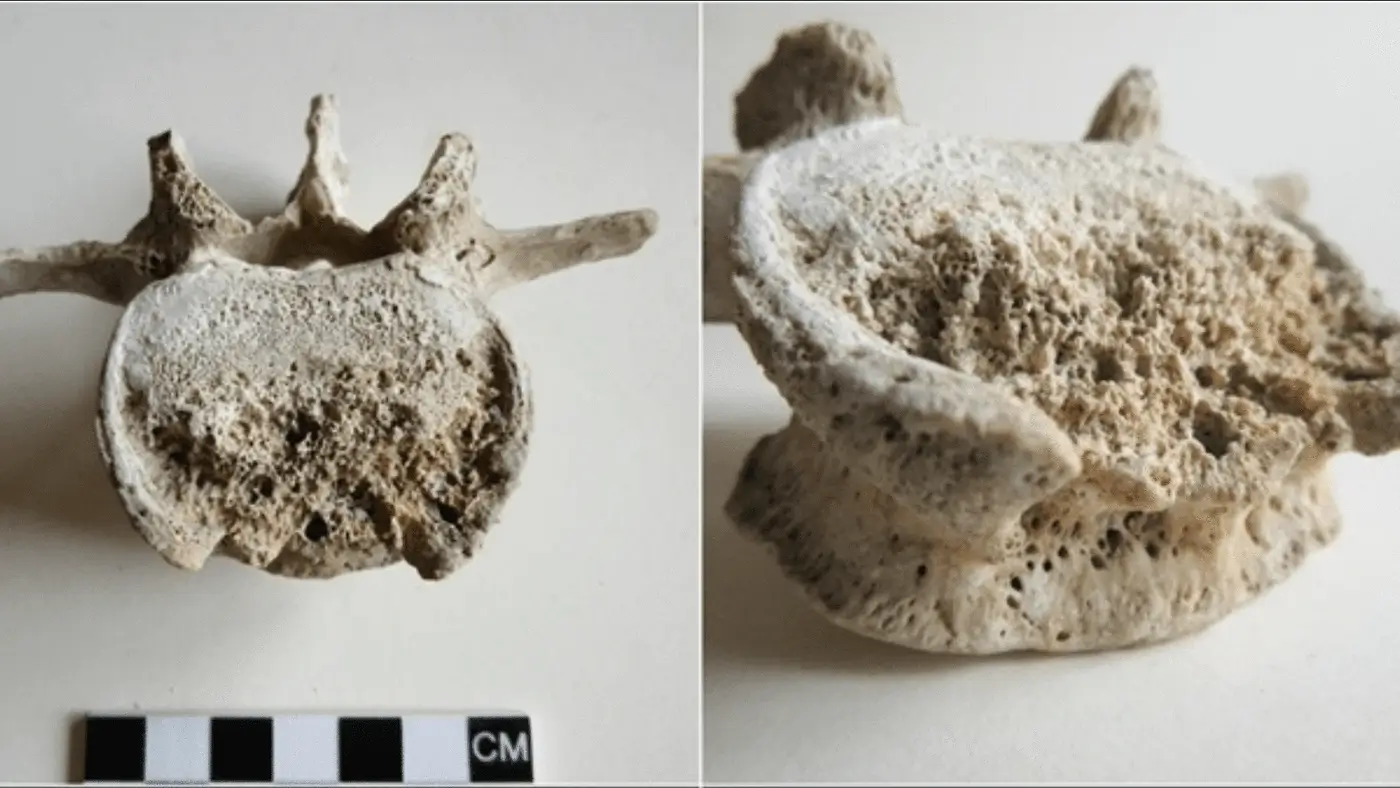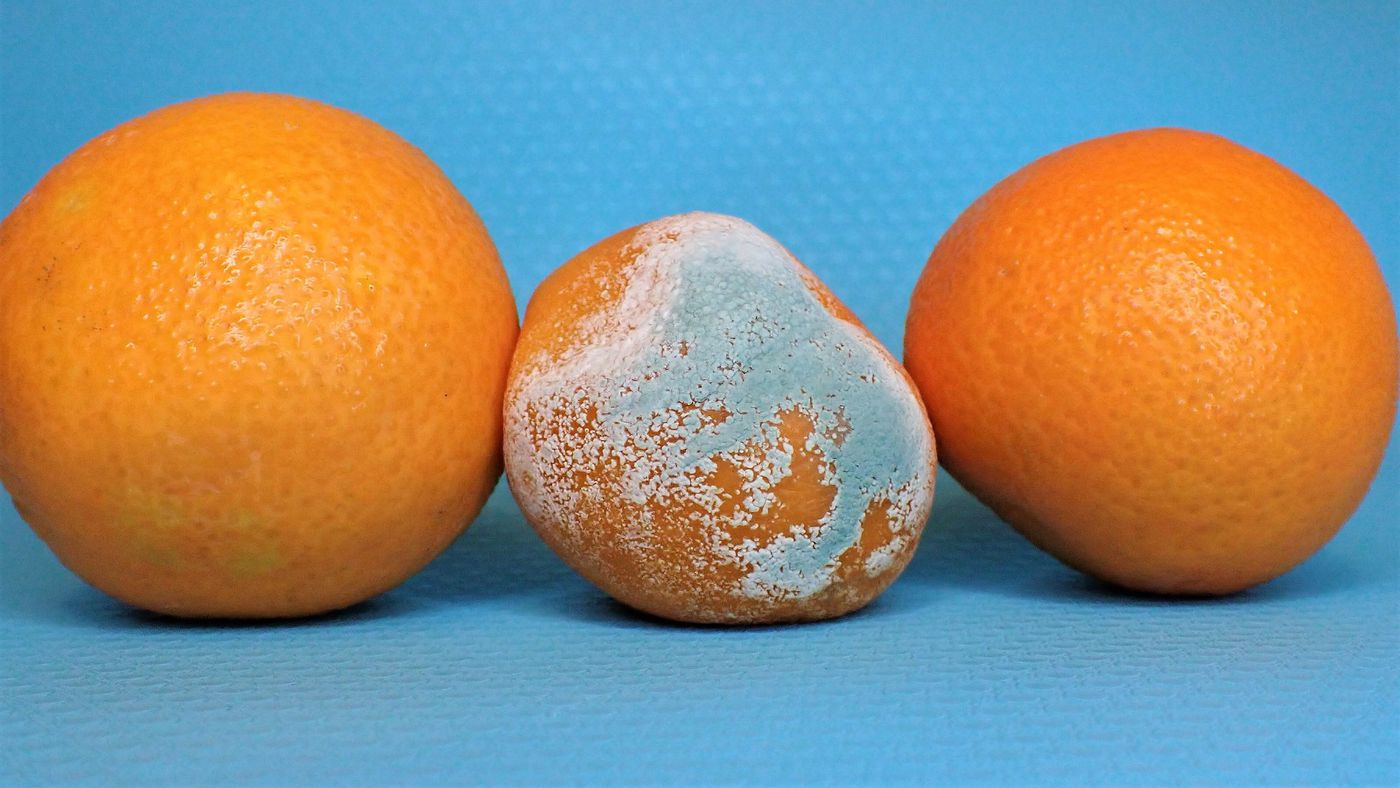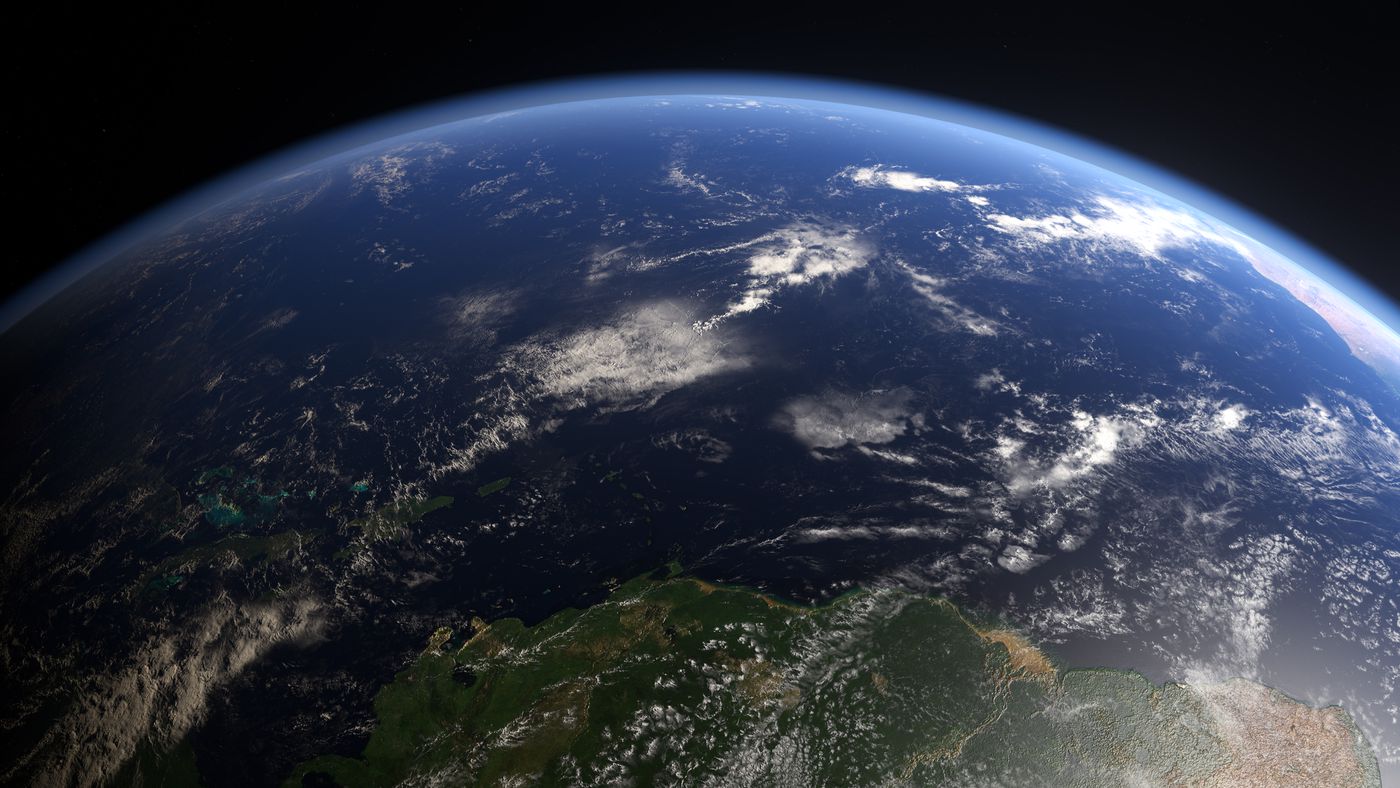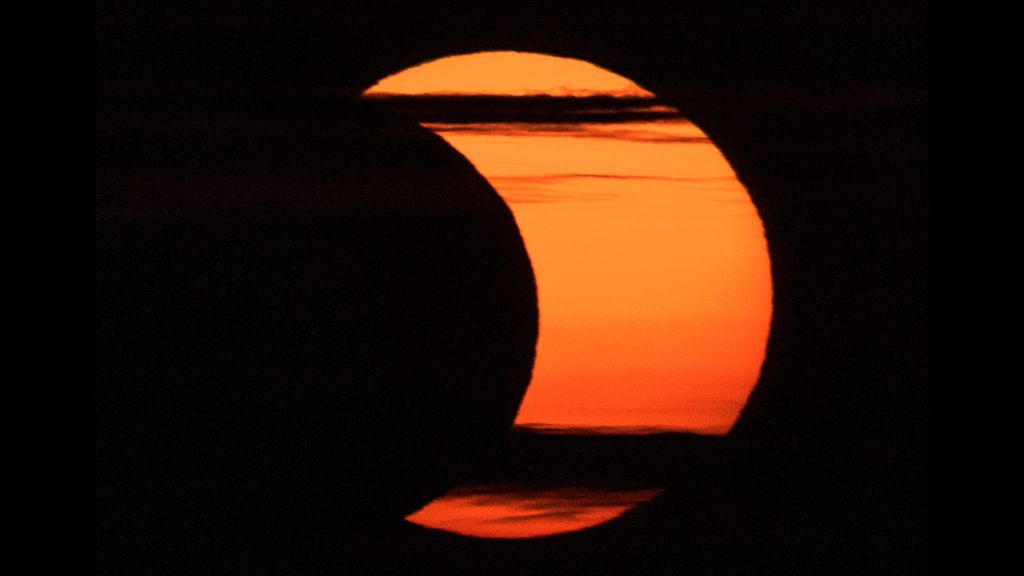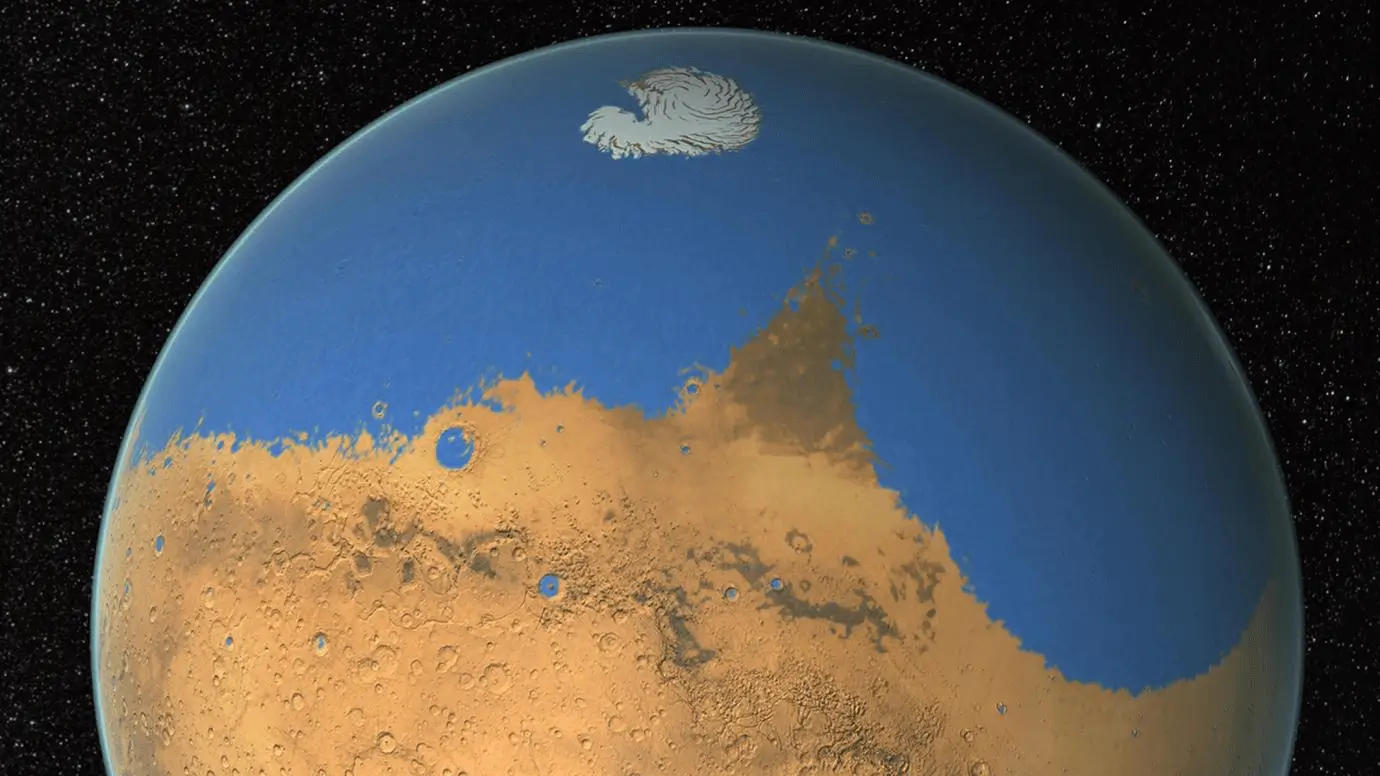10 min Science Could dinosaurs survive in today's world, like in Jurassic World?
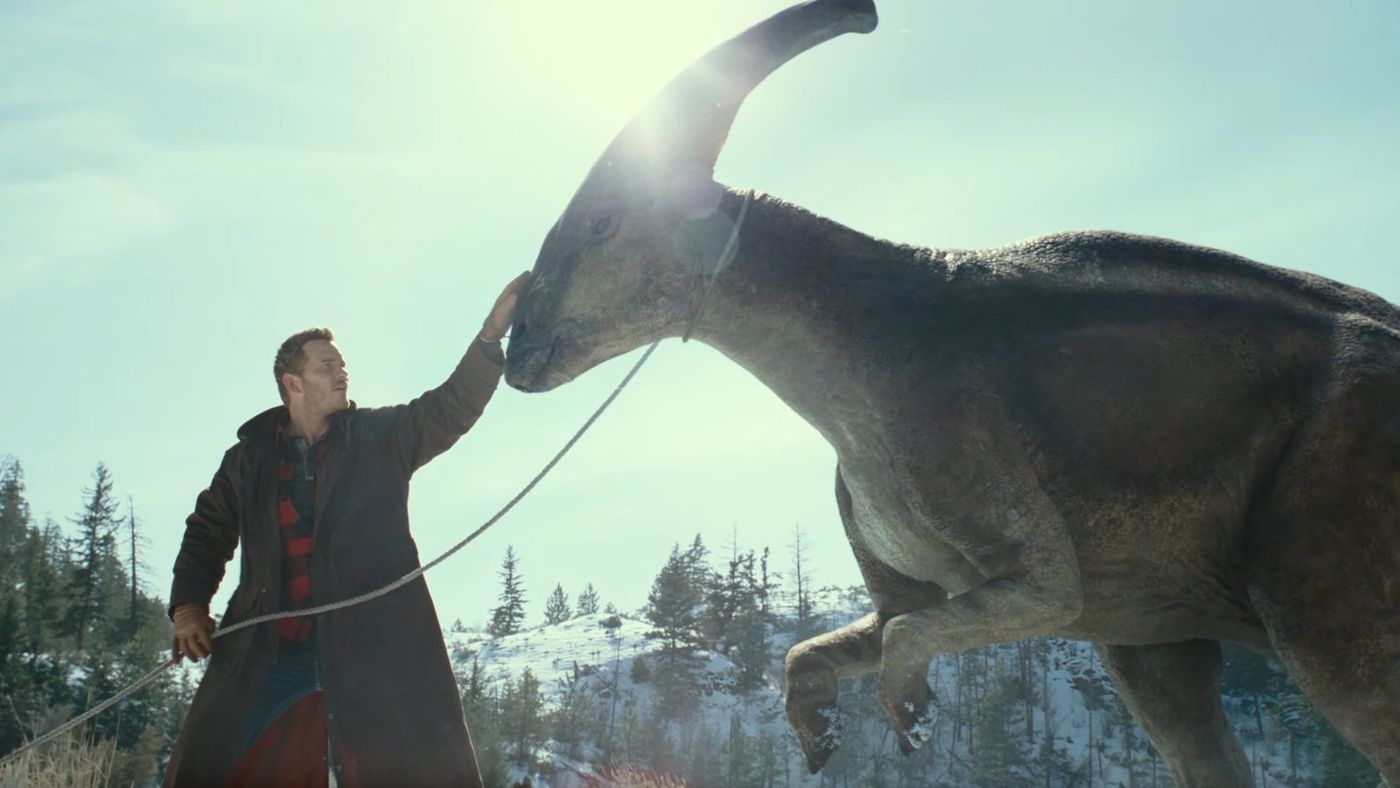
In the new film in the Jurassic World franchise, we see a world where dinosaurs are no longer confined to a park, but are reintegrating into the environment, coexisting with current wildlife. From velociraptors hunting in the forests to farmers herding parasaurolophus like cattle, they seem to be getting along just fine. But is this doable?
- Warm-blooded: study finally discovers the body temperature of dinosaurs
- Feathers and feathers: after all, what color were dinosaurs?
The impact of so many species being reintroduced into a completely different world, millions of years later and in an unprepared ecosystem would certainly have many impacts. Paleontologists like Steve Brusatte, from the University of Edinburgh, give their opinion on the subject – and show the differences between our world and that of the giants of the past.
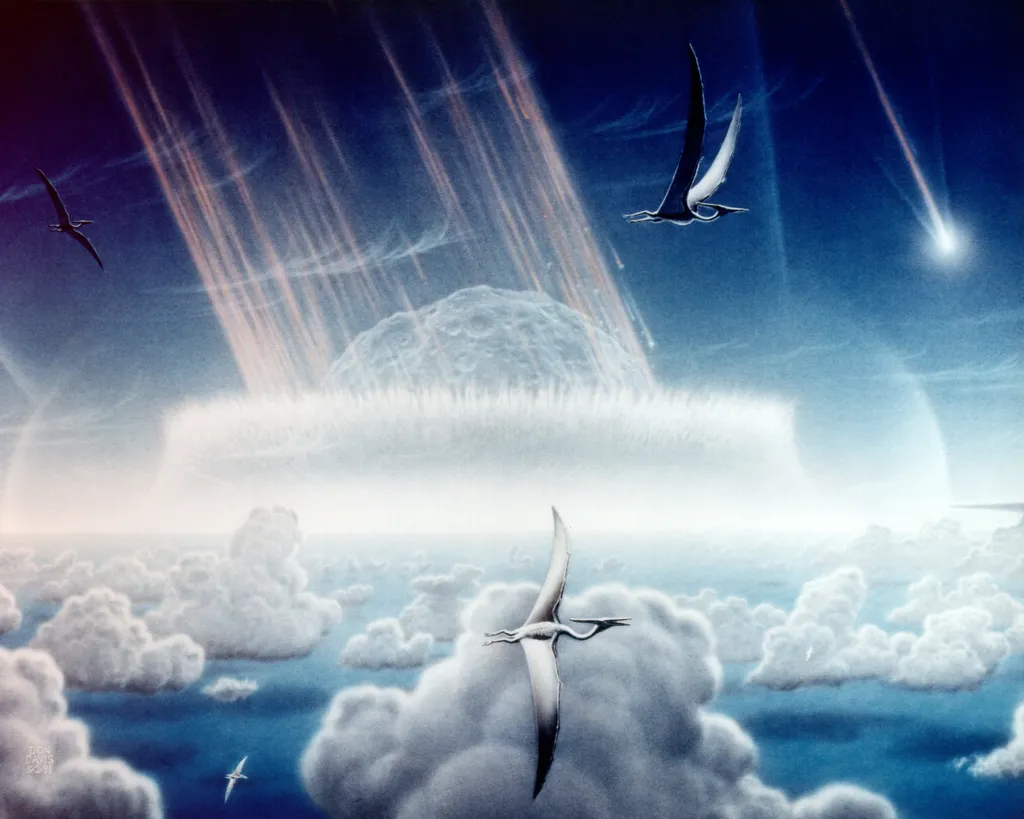
If they survived the meteor or were cloned, would dinosaurs survive our time well? (Image: Donald E. Davis/CC BY-SA 3.0)
Who is extinct now?
Releasing a Tyrannosaurus rex back into the wild would likely be catastrophic. Cases of super predators being introduced into strange ecosystems have already been seen in our world: when the English landed on several islands bringing their cats, such as the Galápagos, the animals extinguished bird species such as dodos. In the case of a creature the size of a T. rex, the chaos would be even greater – extinguishing some mammals, at least.
And not only carnivores live on conjecture. Huge herbivores like Brontosaurus would also impact the ecosystem: to provide the calories needed for their massive bodies, these dinosaurs would likely devastate crops and wild plants of medicinal importance, as conservative estimates place hundreds of kilograms of leaves and twigs being eaten by these sauropods at each day. days.
The strangeness would not only be in our ecosystem, but also in its new inhabitants. Herbivorous or omnivorous dinosaurs, such as brontosaurus, diplodocus and brachiosaurs, lived in the Jurassic period, when there were no flowers or fruits — they only appeared at the beginning of the Cretaceous.
The vast majority of dinosaurs never saw a flower, feeding only on leaves. The impact of a totally different diet is unknown, but it leaves the question: would they be able to eat the foods available in nature today? The effects can range from poor digestion to severe poisoning of their bodies.
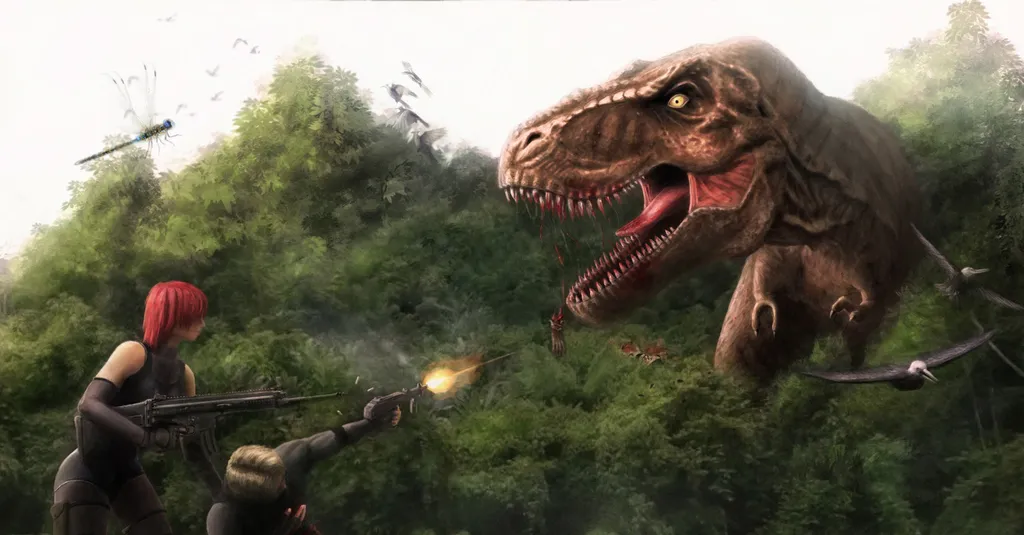
A high risk for dinosaurs would be coexistence with humans, who probably would not live well alongside predators (Image: K. Bill/Artstation)
There is also the issue of climate. We only recently discovered more definitively what the body temperature of dinosaurs was—some warm-blooded, others cold-blooded—but we've known for a long time that the temperature in the Jurassic was much higher.
Warm-blooded dinosaurs would do well in our environment, like mammals, but cold-blooded ones would have some difficulty: you don't see crocodiles in colder places, like the UK, for example. This greatly limits the locations that large reptiles could currently inhabit.
And live with… humans?
Despite this, paleontologists believe that dinosaurs could eventually adapt to the natural world with only one loss or two: they were in the world for millions of years, after all, only to be wiped out by the arrival of a meteor. Another risk, in fact, is pointed out to them: us humans.
Maybe we could get used to Jurassic herbivores, but large carnivores like T. rex would almost certainly be hunted to extinction. It wouldn't be the first time this has happened, and with our weapons and hunting skills, coexistence with massive predators would be very unlikely.
